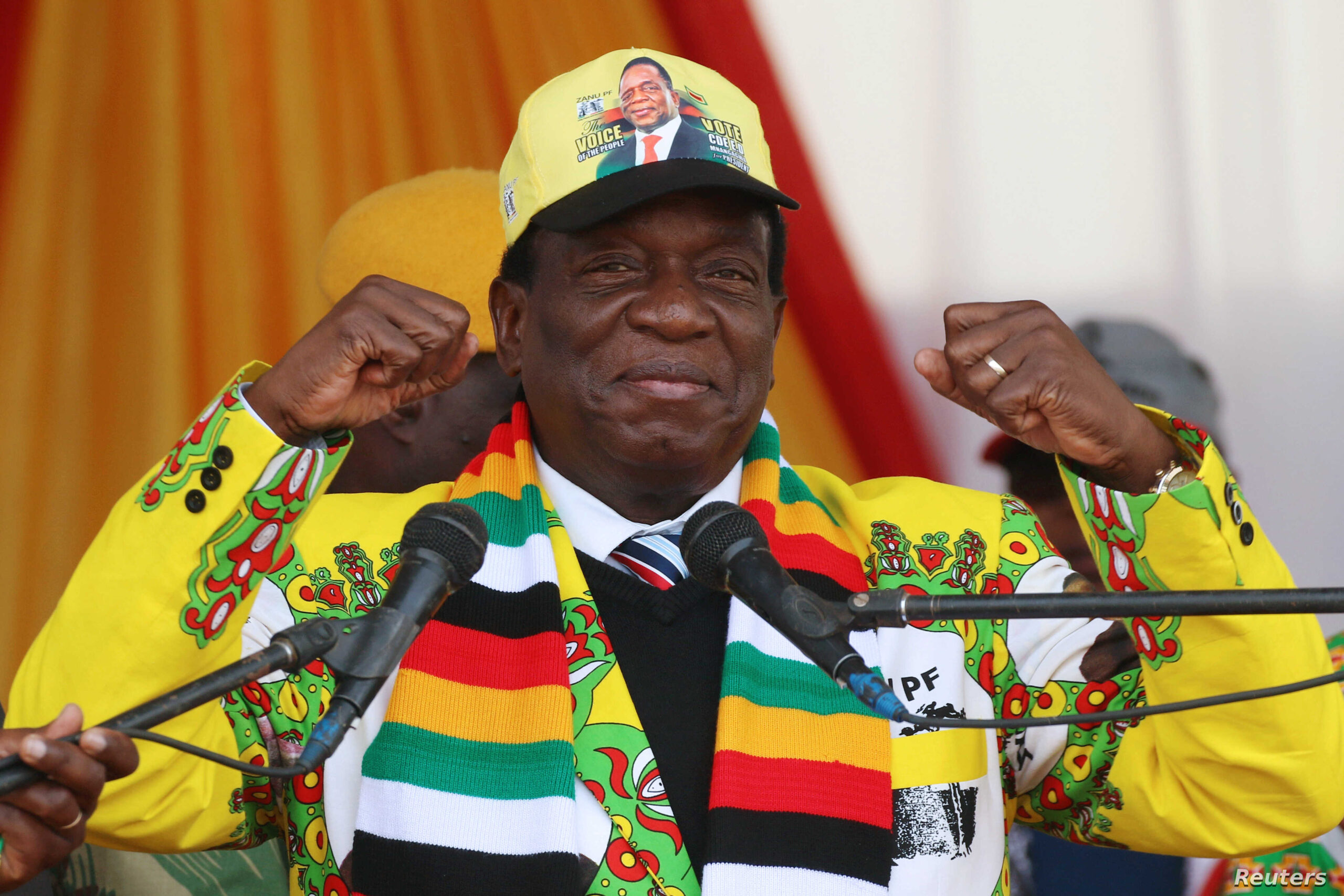TO say the year 2020 has been tumultuous would be an understatement. The year will go down in history as remarkable, unprecedented and, in many ways, epoch-defining.
When reports began filtering through in January that cases of “unusual pneumonia” had been detected in Wuhan, China, very few took notice. In a world characterised by a blisteringly fast news cycle, people rarely focus on a story for more than a week.
An earthquake can devastate a city in a certain part of the world but, when the next story about deadly floods hits the headlines, the planet’s attention is drawn to the latest event. Life goes on.
Within a month, Covid-19 had killed 100 people and spread to 16 countries. As the coronavirus spread across the world, the epicentre shifted to Europe, where the respiratory disease had by that time killed almost half of the world’s 10 000 casualties.
Zororo Makamba, a promising broadcaster, became Zimbabwe’s first reported death. It was a wake-up call for the incompetent authorities whose false claim that the country was ready to tackle the disease was exposed in the most tragic of ways. The public was shaken.
By the end of March, the government would impose a Covid-19 lockdown with the twin objectives of slowing down the spread of the infection while giving the moribund health delivery system enough time to get its house in order. It was not smooth sailing, of course, and Zimbabweans were mortified by fears of a doomsday scenario. The disease has killed more than 300 Zimbabweans.
Soon enough, the Zanu PF government’s true colours emerged. The lockdown presented a glorious opportunity for political control and power consolidation.
Civil liberties were trampled upon, with impunity. By criminalising dissent and virtually suspending the Bill of Rights, President Emmerson Mnangagwa’s government lost all credibility in the eyes of the world.
An ambitious diplomatic effort by the post-coup government to re-engage with the international community was reduced to tatters.
The regime repeatedly shot itself in the foot.
The unleashing of state brutality on citizens drew the attention of the international community. Even some prominent Africans who had ignored previous crackdowns on human rights changed tack this time and spoke out against the state-sponsored terror.
A social media hashtag #ZimbabweanLivesMatter trended worldwide, focusing the world’s attention on the victimisation of journalists, civil society activists, opposition figures and human rights defenders.
Decades of misrule have shown that Zanu PF cannot sustainably build a nation through oppression, corruption, incompetence and bad governance. And yet the ruling party continues on its ruinous path.
A new economic blueprint, the National Development Strategy One, is now on the table.
If the political leaders of this country are to make headway in achieving the socio-economic transformation envisaged in Vision 2030, they must embrace a new governance ethos.
Without a genuine shift in leadership culture, economic blueprints are a waste of time. Zimbabwe has all the crucial ingredients for success: a solid human resource base, a young and dynamic population, vast natural resources and plenty of arable land.
There is one missing link: competent and corruption-free leadership.

